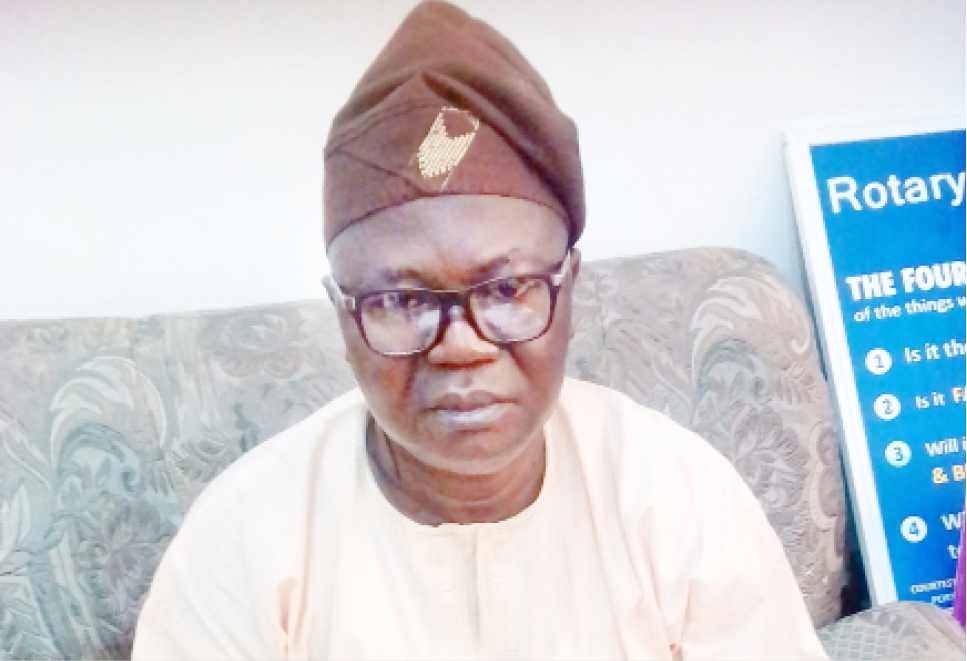There was a huge sigh of relief across the country last Wednesday when the Academic Staff Union of Universities [ASUU] national president Prof. Biodun Ogunyemi announced a “suspension” of his union’s crippling, nine-month-old strike action that has kept all public universities closed even after the country emerged from the pandemic-induced lockdowns.
Ogunyemi said in Abuja that the decision to resume work was because an agreement was reached with the Federal Government at a meeting a day before, which he said addressed most of ASUU’s demands. A committee was also set up to monitor implementation of the agreements. The restive union’s leader added a threat that “should government fail to fulfil its own part of the agreement, ASUU will resume its suspended strike as deemed necessary.”
Most Nigerians had grown too weary of the strike to even notice the terms of the deal, or even the issues that precipitated the strike. Most publicized of them was ASUU’s insistence on its members not enrolling in government’s Integrated Payroll and Personnel Information System [IPPIS]. They instead want to be paid under their own University Transparency and Accountability Solution [UTAS] software. ASUU’s other, less publicized demands however included funding for revitalization of public university infrastructure, paying Earned Academic Allowances, paying withheld salaries, checking the proliferation of state universities, instituting visitation panels for public universities, and reconstitution of government’s team to re-negotiate previous agreements.
Ogunyemi said an agreement was reached for the immediate release of Earned Academic Allowances, mainstreaming EAA into the annual budget; and government expediting action to deploy UTAS for the payment of university salaries.
Unfortunately, ASUU had to call off the strike at a time when government does not have enough money to meet all the demands. It only agreed to pay the lecturers’ withheld salaries and earned academic allowances in a staggered fashion, stretching into next year, when it hopes to have more money. As it happened, the suspension of ASUU’s protracted strike immediately unleashed more chaos in the universities, with three non-academic staff unions threatening to go on strike after rejecting their members’ alleged share of the N40 billion funds to be released for EAA.
Senior Staff Association of Nigerian Universities (SSANU), Non-Academic Staff Union of Educational and Associated Institutions (NASU) and National Association of Academic Technologists (NAAT] leaders said only 25% of the money is slated for their members and they demanded a higher share. It is difficult to see why non-academic staffers should demand a share of “earned academic allowances.” The inescapable conclusion is that ASUU’s notorious history of going on prolonged strikes all too often since the 1980s, and government’s caving in to them, has spread like COVID-19 to the other unions.
This awful tradition must be brought to an end. It looks like no ASUU leadership legitimizes itself in the eyes of its members unless and until it leads a protracted strike action. Even though ASUU claims to be fighting to improve the condition of our universities, these incessant strike actions have greatly contributed to the deterioration of whatever standards are left in our campuses. In fact, most parents who send their wards to school abroad say they do so because of incessant ASUU strikes, not because of alleged poor standards in our universities.
Nor should government cave in to the notorious “non victimization clause” after every protracted strike and pay people salaries for work not done. This is a violation of the no work, no pay law which is standard throughout the world. If ASUU were to bear responsibility for paying its members’ salaries anytime it called them out on strike, like trade unions must do in Europe and North America, its leaders would think twice before they undertake a nine-month strike action.
Going forward, the intellectuals that they are, ASUU members should learn to maximally utilize other opportunities afforded by the democratic system, instead of these incessant strikes. They are an archaic throwback response to the days of dictatorship. All these are not in any way to exculpate government for its own notorious record of reaching agreements with trade unions that it has neither capacity nor intention to implement.

 Join Daily Trust WhatsApp Community For Quick Access To News and Happenings Around You.
Join Daily Trust WhatsApp Community For Quick Access To News and Happenings Around You.


